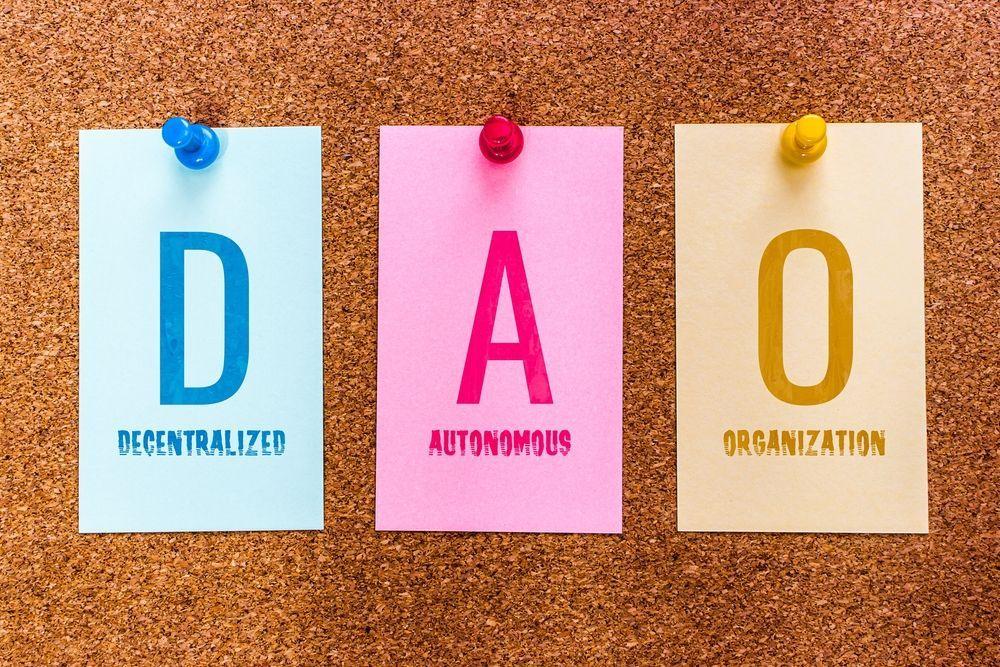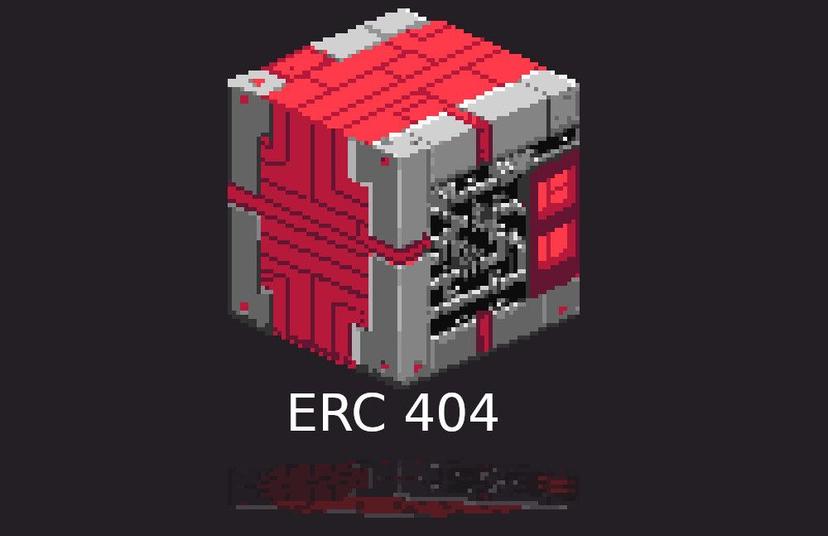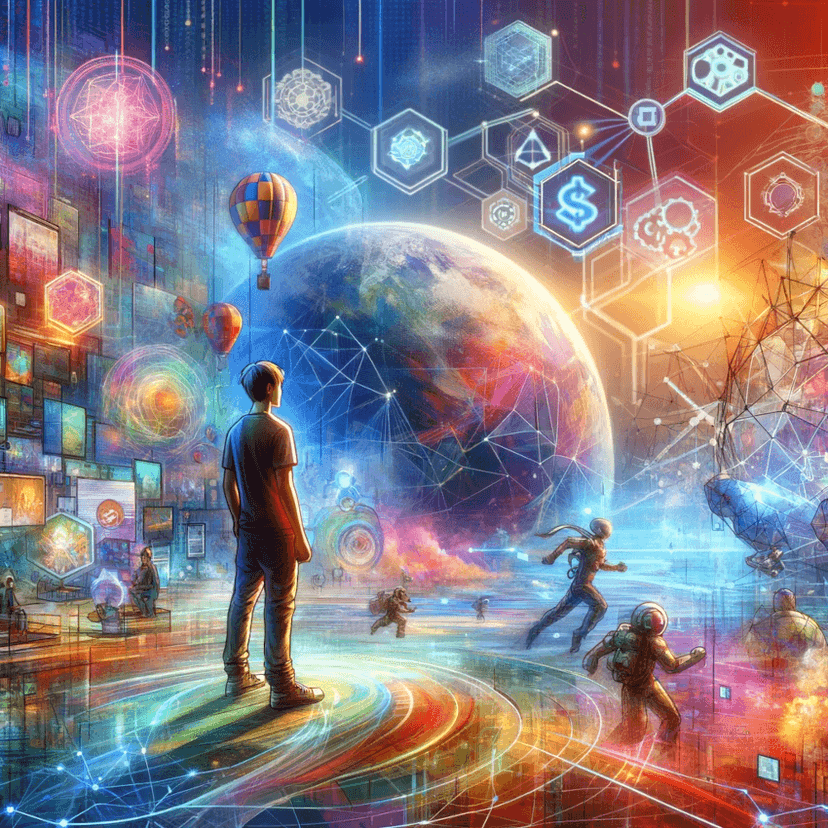Published February 1, 2023

In recent years, the rise of decentralized finance (DeFi) has led to a new wave of innovation in the world of digital assets. One of the most exciting developments in this space has been the rise of Non-Fungible Tokens (NFTs) and their integration into Decentralized Autonomous Organizations (DAOs). NFTs are unique digital assets that are stored on a blockchain, which makes them secure, verifiable, and tamper-proof. DAOs are decentralized organizations that run on blockchain technology and operate based on predetermined rules encoded into smart contracts. This article will explore the role that NFTs play in DAOs, and how they are changing the way that organizations operate. Remote working
What are NFTs and DAOs?
Non-Fungible Tokens (NFTs) are digital assets that are unique and cannot be replaced by something else of equal value. They are stored on a blockchain and are verifiable through their underlying technology. NFTs are often used for the representation of items like digital art, collectibles, and in-game items. They can also be used to represent ownership of real-world assets, such as real estate and fine art.
Decentralized Autonomous Organizations (DAOs) are organizations that operate based on predetermined rules encoded into smart contracts. They are run on blockchain technology, which makes them transparent, secure, and tamper-proof. DAOs are completely decentralized, meaning that there is no central authority controlling them. Instead, decisions are made by the members of the organization based on a consensus mechanism, such as voting.
The Integration of NFTs and DAOs
The integration of NFTs and DAOs is transforming the way that organizations operate. By using NFTs to represent assets and ownership within a DAO, the organization can provide a secure and transparent way of tracking the ownership of assets. This has a number of benefits, including the ability to automate processes, such as the transfer of ownership, without the need for intermediaries.
One of the most important benefits of the integration of NFTs and DAOs is the ability to create new forms of ownership and value transfer. For example, NFTs can be used to represent ownership of assets, such as real estate or fine art, within a DAO. This makes it possible for individuals to own and transfer ownership of these assets in a secure and transparent manner, without the need for intermediaries.
Another important benefit of the integration of NFTs and DAOs is the ability to create new forms of governance. By using NFTs to represent ownership within a DAO, the organization can create a system of governance that is transparent and verifiable. This has the potential to revolutionize the way that organizations are governed, by making it possible to automate decision-making processes and create new forms of community ownership.
The Future of NFTs and DAOs
The integration of NFTs and DAOs is still in its early stages, and there is still much to be learned about how these technologies will evolve and impact the world. However, there is no doubt that the integration of NFTs and DAOs has the potential to revolutionize the way that organizations operate.
One of the biggest challenges facing the integration of NFTs and DAOs is the need to develop standards and protocols that make it easier for these technologies to interoperate. This will require collaboration between the various players in the space, including developers, businesses, and regulators.
Final Words: Powerful Tools for Decentralization
The combination of NFTs and DAOs provides a powerful tool for decentralized asset management, governance, and trading. By using NFTs to represent ownership and governance rights, members can easily transfer and manage assets in a trustless and decentralized manner. This opens up a whole new world of possibilities for digital ownership and asset trading, and has the potential to revolutionize the way we think about ownership and control in the digital world.



